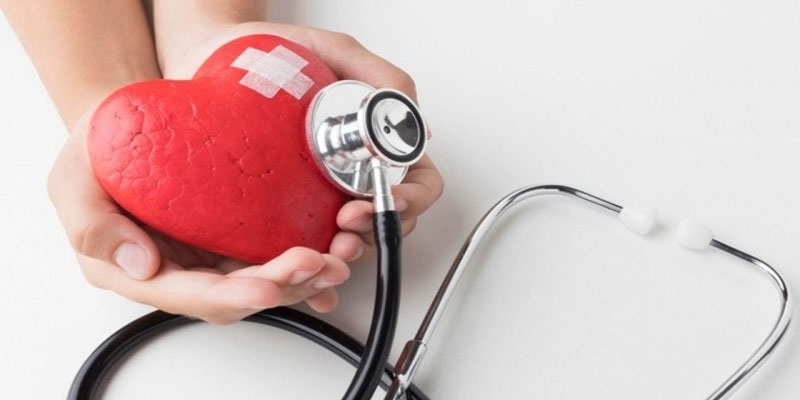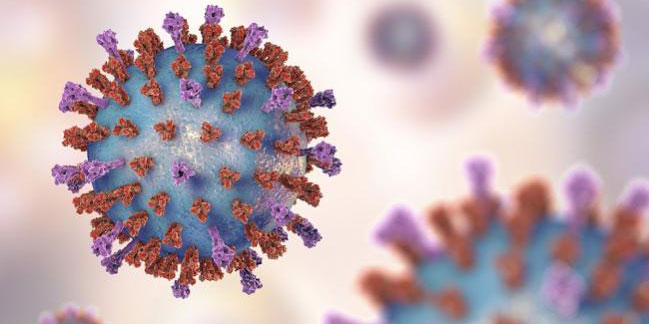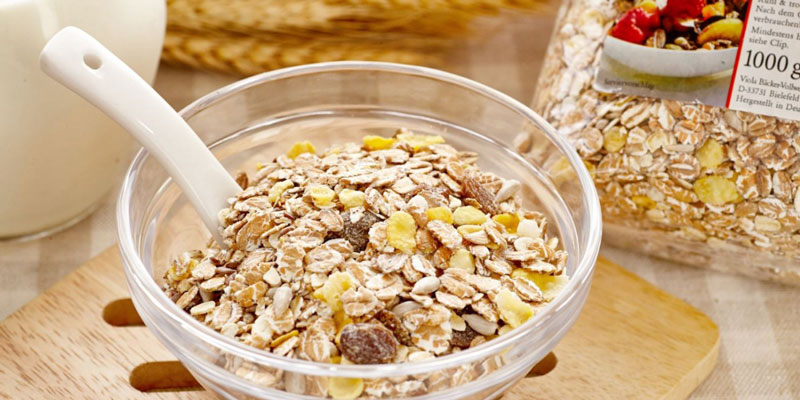Understanding Different Types of Acne and How to Deal With Them
Nov 18, 2023
Acne. We've all faced it at some point in our lives, and for many, it's a consistent battle. While most people think of acne as just "pimples," there's more to it. Different types of acne require different treatments. So, if you're waving the white flag and tired of those annoying spots, don't worry. We're here to guide you through the most common types of acne and how you can treat each one.
1. Whiteheads (Closed Comedones)
This types of acne are little bumps that appear on the skin, usually with a whitish, raised head. Because they're trapped beneath the skin's surface, they don't get exposed to air.
How to Treat Whiteheads:
- Gentle Cleansing: Start with a mild face cleanser. Overwashing can irritate your skin and make acne worse.
- Topical Retinoids: These are derived from vitamin A and help unclog pores. Some are available over the counter, while stronger versions might require a prescription.
2. Blackheads (Open Comedones)
You can easily spot blackheads by their black tips. Unlike whiteheads, these are open at the surface, which is why they turn black when exposed to the air.
How to Treat Blackheads:
- Salicylic Acid: Found in many over-the-counter cleansers and creams, it's great for dissolving the type of skin debris that clogs pores.
- Exfoliation: Using a gentle exfoliator can remove dead skin cells, preventing them from blocking pores.
3. Papules
These are small, red, raised bumps caused by inflamed or infected hair follicles.
How to Treat Papules:
- Anti-acne Creams or Gels: Those that contain benzoyl peroxide or salicylic acid can help reduce inflammation and treat the acne.
- Avoid Popping: Do not squeeze them! It can lead to more inflammation and potential scarring.
4. Pustules
You might know these as your typical "zits." They're like papules but filled with pus.
How to Treat Pustules:
- Warm Compress: Applying it gently can help draw out the pus. Just make sure you're gentle!
- Benzoyl Peroxide: This is a standard treatment which kills bacteria and helps unclog pores.
5. Nodules
These are larger and more severe than papules. They're hard, painful lumps beneath the skin's surface.
How to Treat Nodules:
- Professional Help: Due to their severity, you might need prescription treatments or even injections.
- Don't Touch: Like papules, avoid trying to pop nodules.
6. Cysts
These are the most severe type of acne. Cysts are large, painful, and filled with pus.
How to Treat Cysts:
- See a Dermatologist: Due to their severity, over-the-counter treatments might not be effective.
- Drainage & Extraction: Professionals can drain the cyst, providing relief from pain.
The Link Between Lifestyle and Acne

Acne isn't just a matter of skin type or genetics. Our day-to-day lives play a crucial role in our skin's health. Let's explore some of the lifestyle factors that might be quietly contributing to those pesky skin breakouts:
- Dietary Choices: Research suggests that certain foods might trigger acne. High-glycemic foods, like white bread and sugary treats, can cause a spike in insulin, leading to increased oil production. Meanwhile, dairy products might also play a role in some people's acne. It's important to note that everyone's body is different, and what triggers acne in one person might not in another.
- Stress: Ever noticed that you break out more during exams or high-stress periods at work? It's not a coincidence. Stress leads to the production of hormones, like cortisol, that can increase oil secretion and skin inflammation, resulting in acne.
- Skincare Products: Ironically, some products we use to beautify our skin can cause skin breakouts. If you're prone to acne, look for "non-comedogenic" on the label. This means the product won't clog your pores.
- Hormonal Changes: Fluctuations in hormones, whether due to the menstrual cycle, pregnancy, or certain medications, can lead to skin breakouts. This is why many women experience acne in their teens, just before menstruation, during pregnancy, or even in menopause.
- Lack of Sleep: Pulling all-nighters or not getting enough rest can harm your skin. Sleep is the time when your body repairs itself, including your skin cells. Less sleep might lead to a dull complexion and, yes, skin breakouts.
General Tips for All Acne Types

- Maintain a Routine: Consistency is key. Stick to your skincare routine.
- Watch Your Diet: Some people find certain foods aggravate their acne.
- Stay Hydrated: Drinking water helps keep your skin hydrated and can assist in treating acne.
- Seek Professional Advice: If you're unsure about the type of acne or how to treat it, it's always a good idea to seek advice from a dermatologist or skincare professional.
Understanding the different types of acne is the first step to effective treatment. Now that you're armed with knowledge, you can tackle each spot with confidence and achieve clearer, healthier skin in no time.





